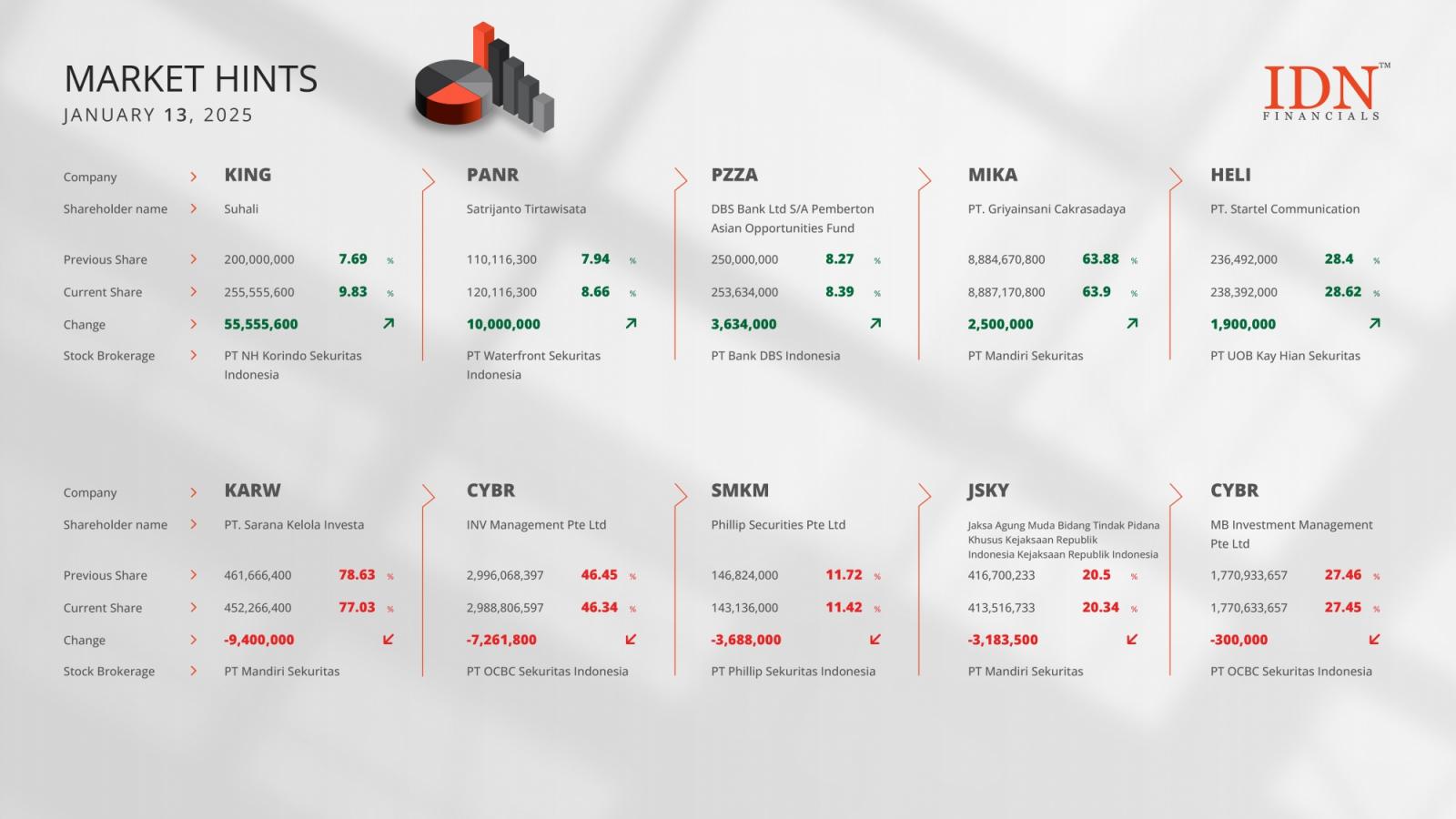Speculations regarding Bybit’s potential hack or insolvency sparked concerns within the crypto community, prompting CEO Ben Zhou personally to step in to refute these claims on May 23.
Amid a flurry of social media rumors questioning Bybit’s solvency and security, Zhou, one of the prominent cryptocurrency exchanges, provided reassurance about the exchange’s financial stability and robust security measures.
CEO Zhou’s Refutation Against Bybit’s Hack and Insolvency Rumors
In response to the escalating rumors, Zhou took to Twitter to address the situation directly, emphasizing that Bybit remains financially solvent and secure. He pointed out that the exchange recently updated its Proof of Reserves (POR) and highlighted the thoroughness of Bybit’s security measures, reassuring the audience of the platform’s safety.
Zhou’s message reassured Bybit users and the wider crypto community that the exchange’s financial position was robust.
“Hearing some rumors about Bybit being insolvent or hacked, etc,” he said. “Please note that we have updated our Proof of Reserves (POR) this month as well as you can view all Bybit wallet through Nansen (Total more than 11B). None of the rumors that I have seen so far have any real facts supporting it; Please be aware.”
hearing some rumours about Bybit being insolvent or hacked and etc. Please note that we have updated our POR this month as well as you can view all Bybit wallet through Nansen (Total more than 11B) . None of the rumours that I have see so far have any real facts supporting it,…
— Ben Zhou (@benbybit) May 23, 2024
He referenced Bybit’s updated Proof of Reserves (PoR) and highlighted that the platform holds more than 11 billion dollars in assets, according to Nansen data. The statement from Zhou comes amid heightened scrutiny surrounding cryptocurrency exchanges, particularly in light of recent high-profile security breaches and insolvency concerns within the industry.
Bybit Banned In France After Recent Launch In Netherlands
The Autorité des Marchés Financiers (AMF), France’s financial commission, recently warned investors against using the ByBit crypto platform, which operates without compliance with French regulations. Bybit, despite its global prominence and 20 million registered users, was blacklisted by the French regulator in May 2022 for lacking authorization to provide digital asset services in France.
The AMF emphasized that ByBit does not hold a Digital Asset Service Provider (DASP) license in France, and investors were urged to protect their assets invested on the platform. Similarly, the AMF previously warned against the Bitget crypto exchange for similar reasons, noting its blacklisting in November 2023. ByBit faced additional scrutiny when the Securities and Futures Commission (SFC) in Hong Kong labeled it a “suspicious” cryptocurrency exchange in March, listing some of its products as suspicious investment products.
Notably, Bybit recently unveiled Bybit.nl, a new regulated trading platform catering to Dutch users.
The launch of Bybit.nl is made possible through a collaboration with SATOS, a well-established Bitcoin-focused company in the Netherlands supervised by the Dutch National Bank. The partnership enables Dutch users to engage in fiat currency deposits and withdrawals, trade over 300 cryptocurrency pairs, and benefit from enhanced security measures.





